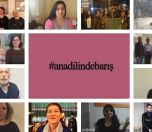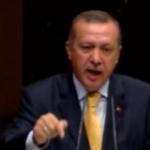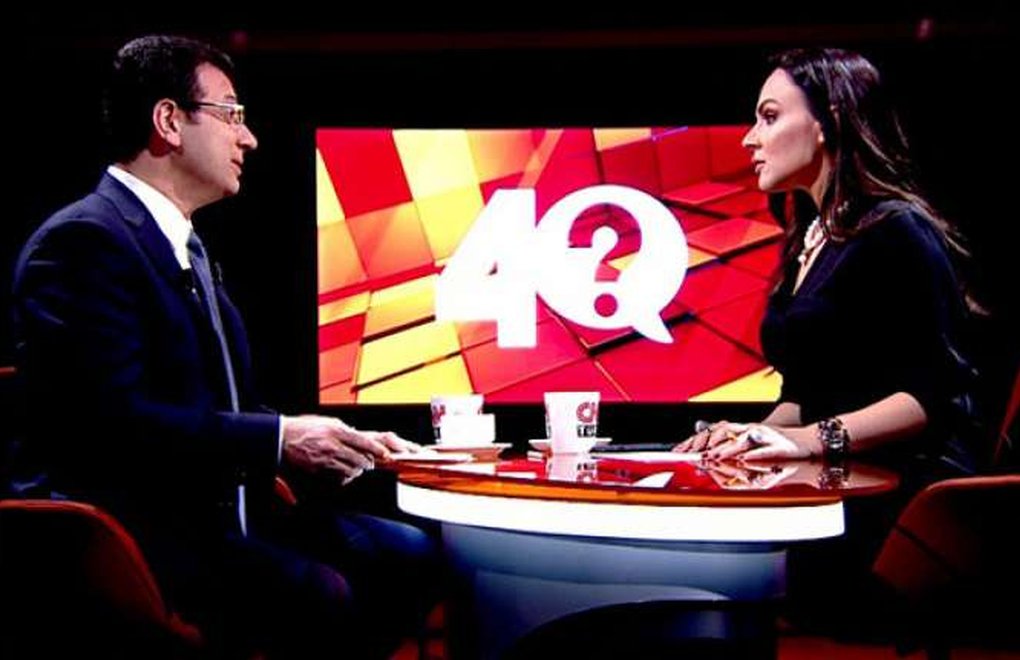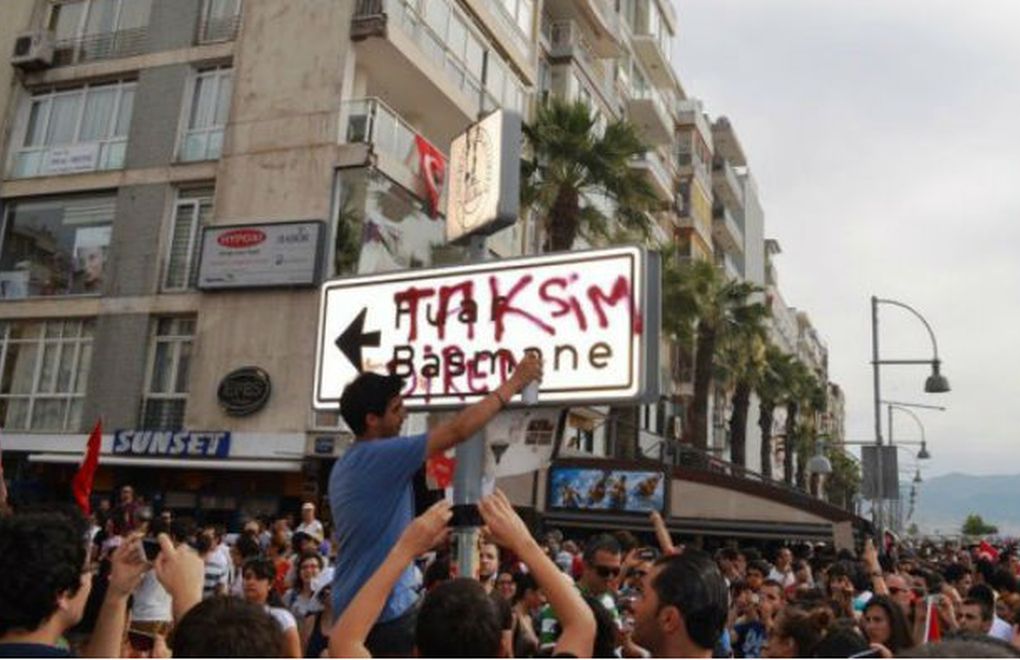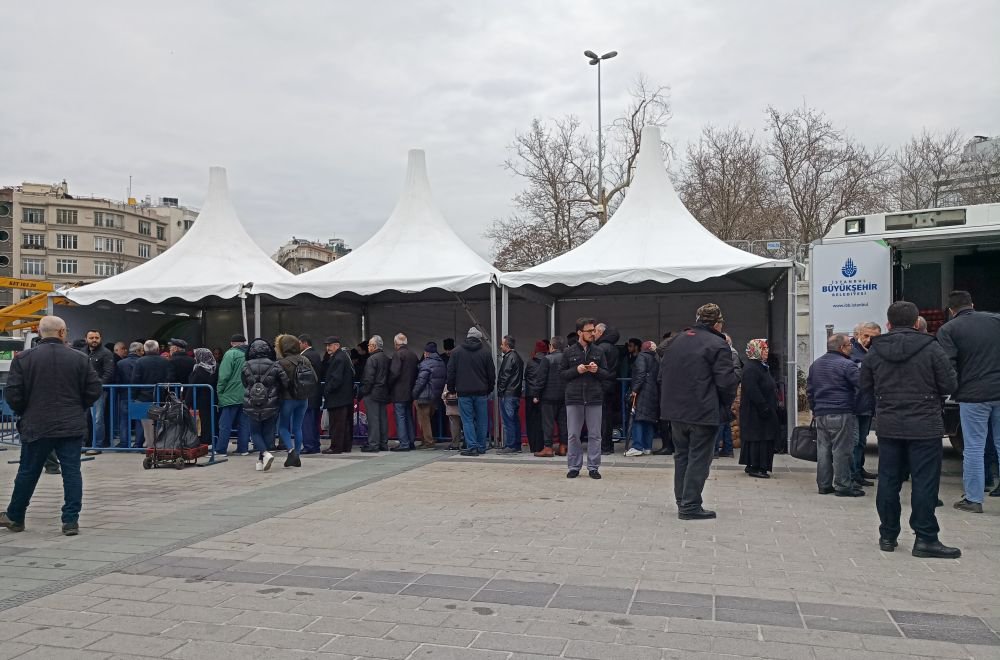Click to read the article in Turkish / Kurdish
The optional courses became part of the curriculum in the 2012-2013 school year, the result of a struggle to secure the right to mother tongue education. The institution of these courses was the start of overcoming the stubborn insistence that Turkish is the only language in these lands. With short course hours and limited access, though, it is clear there is a long way to go in the fight for mother tongue education, especially as the number of students in the program grows.
The Ministry of National Education announced that 53,000 students took mother tongue courses in the 2013-2014 school year. By the 2014-2015 school year, the number rose by 45%, to 85,000 students. The figures for the 2015-2016 school year have not yet been announced. At the start of the program, 17 teachers were appointed to teach mother tongue course, with 9 more appointments in February 2015. These teachers are on duty in Van, Hakkari, Bingöl, Siirt, Mardin, Diyarbakır, Ağrı, Batman and İstanbul provinces. Contract teachers were appointed to the rest of the courses.
Enrollment requirements has been another hurdle for the program. To create an optional course, there must be at least 10 interested students. This requirement represents a problem or the courses in Abkhaz, Adyghe, Laz and Georgian, languages whose native speakers because these are dispersed all over the country. Courses in Kurdish and Zazaki, on the other hand, have a better chance of meeting the requirement, as native speakers tend to be concentrated in Kurdish-majority provinces. Advocates for mother tongue education hope to decrease the number of required students to 5.
In December 2016, the Ministry of National Education added Bosnian and Albanian to the optional course programme for the 2017-2018 school year in response to pressure from those communities.
Having "Living Languages and Dialects" courses in the curriculum make it possible for younger generations to comprehend the importance of learning and being educated in their mother tongues, rights guaranteed in international conventions.
Since 2012, bianet has celebrated February 21 as Mother Tongue Day by highlighting the importance of protecting and exercising the right to speak in one's mother tongue. This year, we have thematized "creating in one's mother tongue," obstacles to integrating mother tongues into different aspects of life and education.
On February 21, 2012, for instance, bianet readers had the chance to read articles from authors sharing their relationships to their mother tongues, in their mother tongues. The project featured work in 16 different languages.
In 2013, we narrated Turkey's man mother tongues with the language of music, because native languages continue their existence in songs and ballads.
In 2014, we compiled fairy tales penned in Turkey's different mother tongues, in the hope of preserving the oral history and storytelling that is integral to every language.
2015 was a happy year in which we compiled jokes in many of the country's different mother tongues.
In 2016, we made a 40-second video,calling out "peace!" in Adyghe, Abkhazian, Arabic, Armenian, Georgian, Homshetsi, Judaeo Spanish, Kurdish, Lazuri, Ossetic, Romanian, Romaic, Assyrian and Turkish. Because we know that peace is a beautiful word, one that becomes all the more more beautiful when said in every language. (ÇT/HK/DG)









